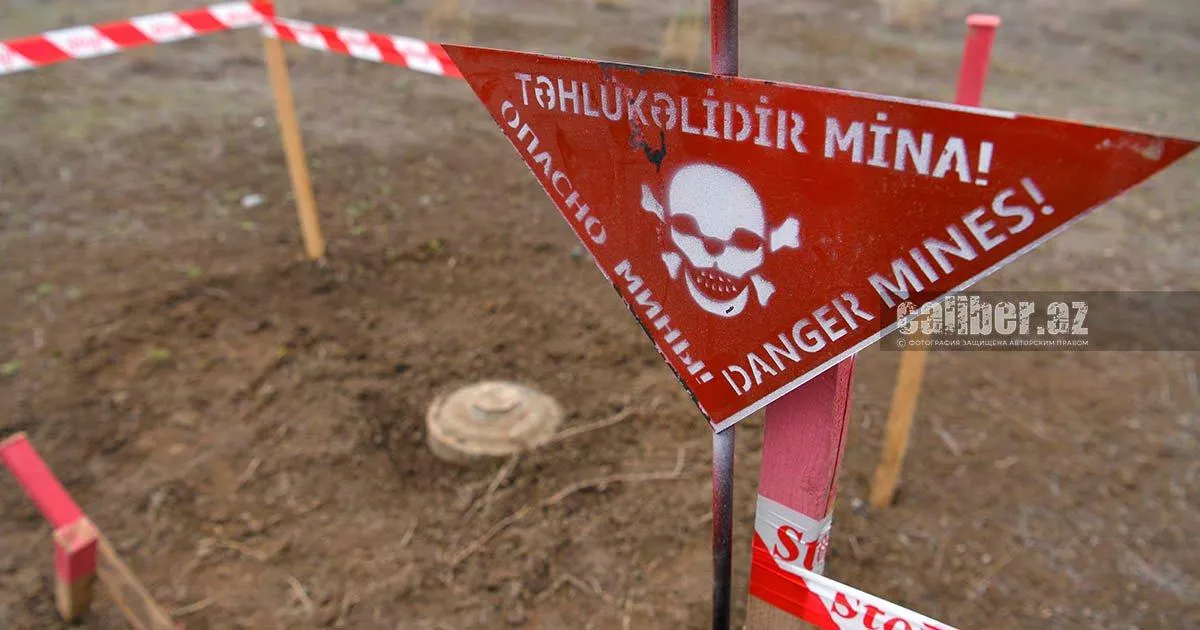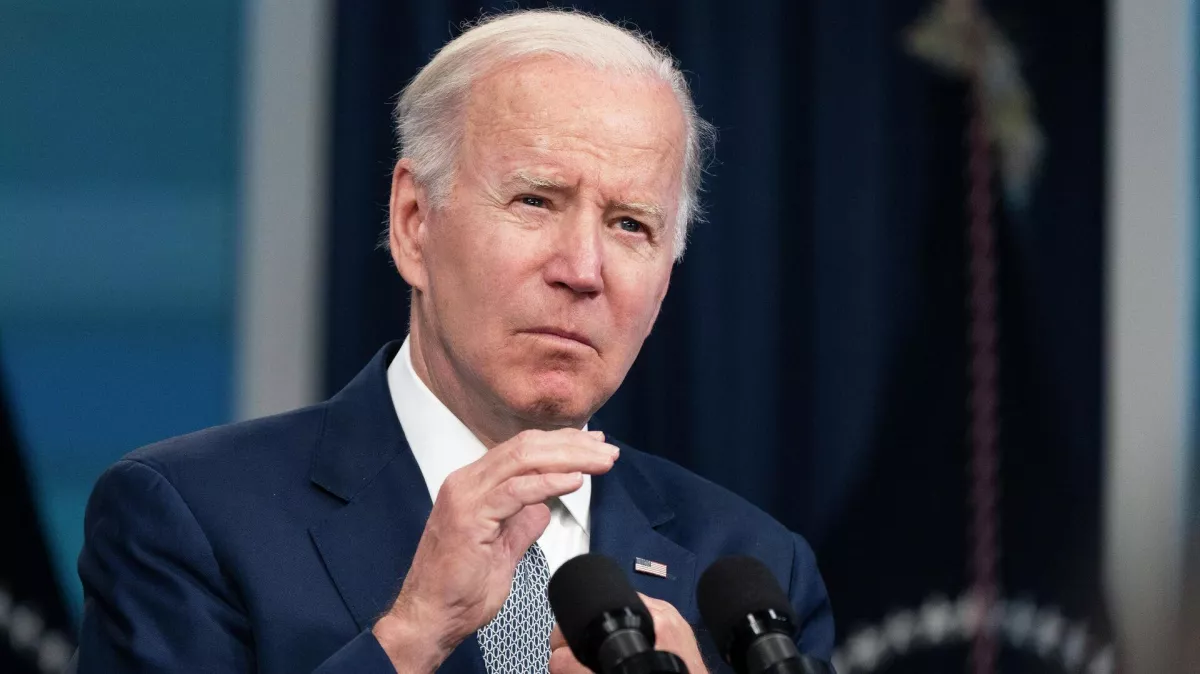Global South fed up with West's duplicity US policy towards South Caucasus needs a reset
EU Reporter has published an article by Taras Kuzio on the hypocritical policy of the U.S. and the West in the South Caucasus. Caliber.Az presents excerpts from this article.
Editor's note: Taras Kuzio is a professor of political science at the National University of Kyiv Mohyla Academy.

When Egypt and Israel moved towards peace in 1979 there were tangible benefits for both sides, particularly the former. Egypt has received substantial aid from the US, amounting to $1.3 billion in U.S. military aid and $250 million in economic assistance each year. Since 1979, Egypt has received $69 billion compared to $98 billion for Israel, becoming the two largest recipients of U.S. foreign aid, writes Taras Kuzio.
Following the 1997 Belfast Agreement which ended thirty years of terrorism, Northern Ireland and the Republic of Ireland gained numerous benefits. The peace dividend has brought Northern Ireland and Ireland higher levels of foreign investment and foreign assistance. In the 1990s and 2000s, Ireland became known as the “Celtic Tiger” as the economy grew and Irish began to re-emigrate to the country from the US and elsewhere.
Peace should bring benefits to the countries involved in a peace dividend as well as greater levels of foreign support from countries who have supported negotiations and the de-escalation of tensions and conflict. Why then has this not happened in the South Caucasus?
Since the conclusion of the Second Karabakh War in 2020, Armenia and Azerbaijan have been moving towards peace. The last region of Azerbaijan under Armenian occupation was returned in Autumn 2023.
It is worth mentioning that this conflict was by far the bloodiest to have taken place during the Soviet Union’s disintegration, lasting for six years from 1988-1994. Three quarters of a million Azerbaijani’s and were forced to leave their native lands. Tens of thousands of Azerbaijani civilians and POWs disappeared, presumed to have been subjected to extrajudicial executions by Armenian nationalist paramilitaries.
Armenia’s occupation of a fifth of Azerbaijani territory laid waste to every building. Religious, cultural, administrative, educational, and political buildings and infra structure was systematically destroyed. Tens of thousands of mines were laid.

Azerbaijan – like Ukraine – are the two most mined countries in the world. Environmental damage in both countries is extensive. The EU has though only offered economic and financial aid to Armenia, the country which has not suffered from foreign occupation. As part of the EU-Armenia Partnership Agenda, the EU will provide a 270 million euros Resilience and Growth Plan for Armenia in 2024-2027 to improve Armenia’s socio-economic resilience and trade diversification. In comparison, EU support to Azerbaijan is paltry.
After nearly three decades of failed negotiations by the OSCE (Organisation for Security and Cooperation in Europe), a second Karabakh war broke out which lasted 44 days with 7,000 mainly military casualties. Civilian casualties were far fewer than in the late 1980s-early 1990s with 200 main Azerbaijani’s killed from missile and rocket attacks.
Benefits should accrue to both sides of the conflict who have supported the peacemakers – Armenia and Azerbaijan. This has not taken place because only one side – Armenia – has powerful lobbies in the US and France. The US has continued to pursue policies antagonistic towards Azerbaijan with sixteen legislative initiatives against Azerbaijan introduced in the US Congress in the last year alone.
In October 1992, the US Congress adopted the Freedom Support Act which provided financial, technical, and other forms of assistance ‘to support freedom and open markets in the independent states of the former Soviet Union.’ Section 907 prohibited the provision of US assistance to the Government of Azerbaijan.
Armenia had by the time of the passage of this law occupied a fifth of Azerbaijani territory. Azerbaijan was the only former Soviet republic of fifteen against whom the US applied Section 907.
Section 907 was no longer waived as a revenge against Azerbaijan for reclaiming its internationally recognised territory in two short wars in 2020 and 2023 that had been under Armenian occupation.
On a matter of international law, US action was strange, to say the least. President Joe Biden was the leader of the Ukraine Defence Contact Group (UDCG) that were sending military equipment to Ukraine to defend its territorial integrity. The US, it would seem, pursues a multi-vector policy of supporting territorial integrity in Ukraine and opposing this principle in Azerbaijan.

Washington has yet to comprehend that the Global South is fed up with US, and Western in general, duplicity towards conflicts. US duplicity is made all the stranger when we take in the fact Azerbaijan and Israel have pursued two decades of security cooperation in security affairs. The US is Israel’s closest foreign ally and at the same time is hostile to Azerbaijan, one of Israel’s closest regional partners.
US policy towards the South Caucasus needs a reset, or in Gorbachev’s catch phrase “perestroika”. The US – and Europe – should support both Armenia and Azerbaijan’s reconciliation and movement towards peace. Azerbaijan is already playing an important role as a natural partner for the West. The template for how the US should approach both sides to the peace process in the South Caucasus should be the Israeli-Egyptian and Northern Irish peace processes. Only by adopting this approach will Washington be able to counter charges of “hypocrisy” from the Global South.








